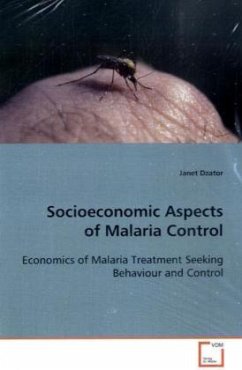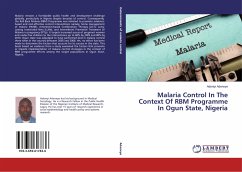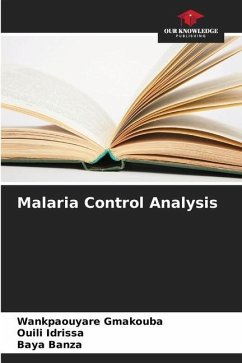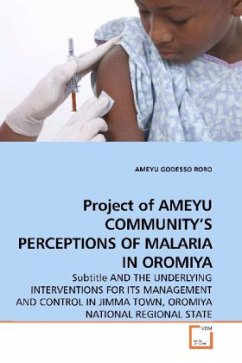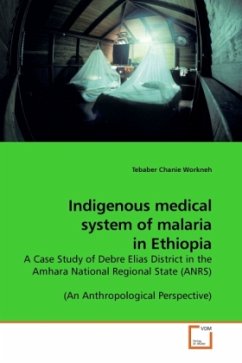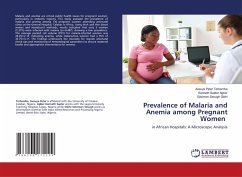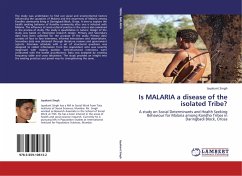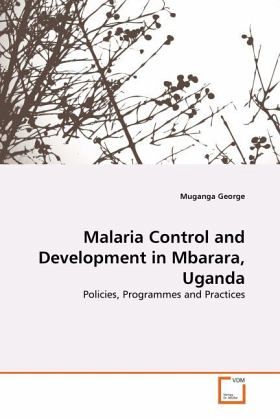
Malaria Control and Development in Mbarara, Uganda
Policies, Programmes and Practices
Versandkostenfrei!
Versandfertig in 6-10 Tagen
52,99 €
inkl. MwSt.

PAYBACK Punkte
26 °P sammeln!
For along time, malaria has largely been treated as a mere public heath rather than development threat. The persistently high prevalence rates however in especially developing countries have attracted great international concern and realization that the disease negatively affects growth and transformation of developing economies. A lot of resources have been mobilized to fight the disease and the international malaria community has designed and helped worst affected countries to adopt a number of policies, programs and modern malaria control methods. The adoption and implementation of some of ...
For along time, malaria has largely been treated as a mere public heath rather than development threat. The persistently high prevalence rates however in especially developing countries have attracted great international concern and realization that the disease negatively affects growth and transformation of developing economies. A lot of resources have been mobilized to fight the disease and the international malaria community has designed and helped worst affected countries to adopt a number of policies, programs and modern malaria control methods. The adoption and implementation of some of the programs is not clear especially with regard to their linkage with development. This book analyses the policy and programmatic structure within which malaria control for development is practiced and subsequently explores the influence of malaria control on transformation in Mbarara district in Uganda. Government, non government organizations and professionals involved in malaria control should be able to develop convenient policies and strategies based on the suggested frameworks and effectively ensure the success of related malaria control campaigns.



